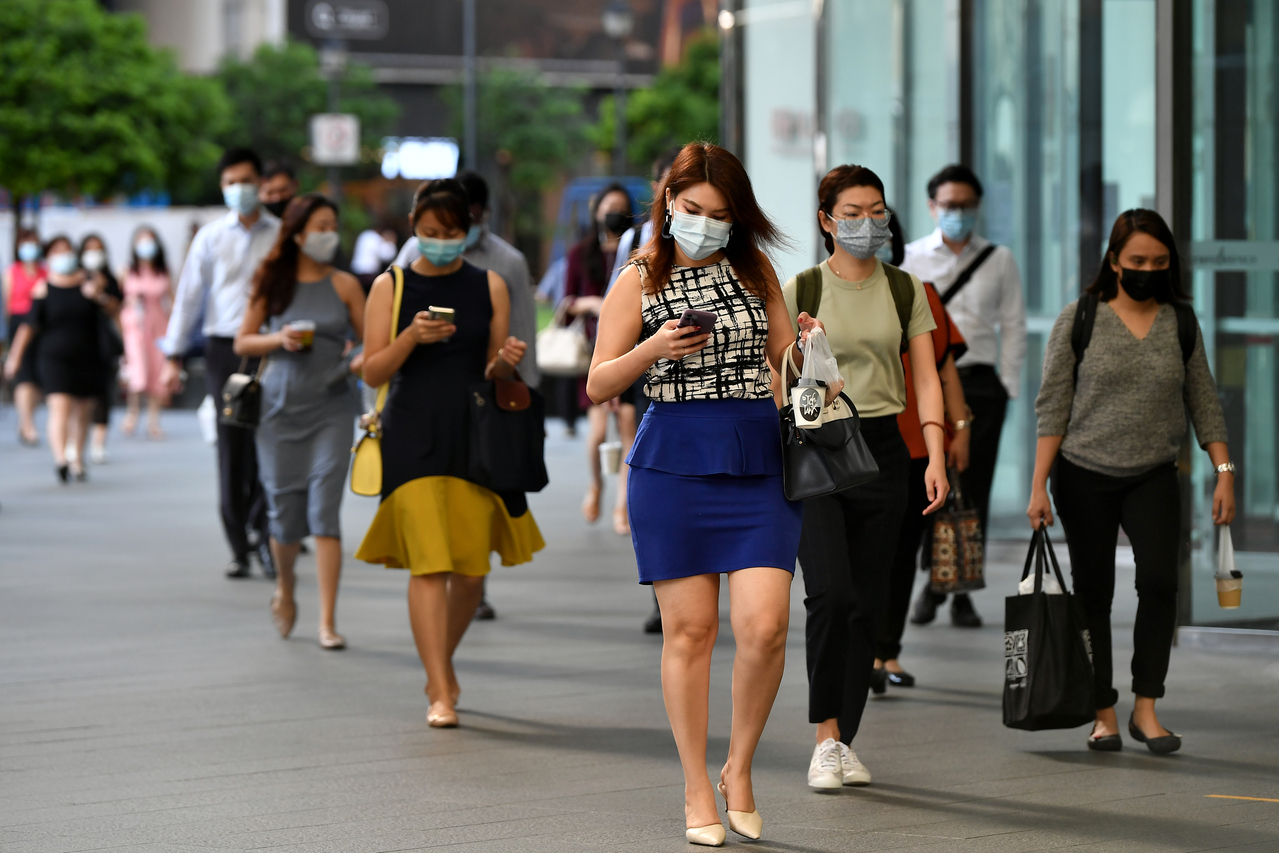No let up in efforts by Govt to improve lives of Singapore women, says Sun Xueling
Sign up now: Get ST's newsletters delivered to your inbox

Ms Sun Xueling outlined how the Conversations on Singapore Women's Development are part of ongoing efforts by the PAP to improve the lot of Singaporean women.
PHOTO: ST FILE
SINGAPORE - In the 11 months since Singapore kicked off a national conversation on women's development, victims of sexual crimes have got stronger legal protections and efforts are being made to review discrimination at work.
And in schools, the character and citizenship education curriculum has been enhanced to reinforce respect for both genders and stamp out stereotypes, said Minister of State for Education, and Social and Family Development Sun Xueling.
These are among the suggestions from the 160 sessions of the Conversations on Singapore Women's Development that have borne tangible fruit.
The series of conversations, initiated last September by Law and Home Affairs Minister K. Shanmugam, have engaged more than 5,700 people.
Outcomes from these discussions will form the basis of a White Paper to be presented in Parliament at a later date.
In an update on Tuesday (Aug 3) in Parliament, Ms Sun outlined how these conversations are part of ongoing efforts by the People's Action Party (PAP) to improve the lot of Singaporean women.
For instance, shortly after forming the government in 1959, the PAP passed a law stating that marriages should be monogamous. This, Ms Sun said, paved the way for the introduction of the Women's Charter in 1961, which "raised the social standing of women by institutionalising the equal standing of men and women in marriage and ensuring the welfare and protection of women in Singapore".
Education was made accessible to all, with the female literacy rate going up from 29 per cent in 1957 to more than 80 per cent three decades later. Female workforce participation also increased to 76.6 per cent for women aged between 25 and 64 today, from 51.5 per cent in 1991, she added.
Later, the Government rolled out marriage and parenthood packages to subsidise maternity-related medical fees, and support women as they juggled work and caregiving duties, said Ms Sun.
She said: "As Singapore went from mudflats to metropolis, our Singapore women similarly made significant strides over the years, and their contributions are integral to our Singapore story."
Ms Sun was speaking during the debate on a motion on empowering women that was tabled by Workers' Party MPs He Ting Ru (Sengkang GRC) and Leon Perera (Aljunied GRC).
It sought to affirm that gender equality requires an effort from society as a whole, to remove barriers that prevent women from realising their full potential.
Ms Sun, who is one of three political office-holders leading a review to address gender inequality, sketched out key themes that emerged from the conversations.
These include the hope that women will not be denied career opportunities based on gender or family commitments, as well as the desire for caregivers' contributions to society to be better recognised.
Those who took part in the conversations also spoke about the importance of strengthening support for vulnerable groups of women, she said.
"Undergirding these aspirations, participants hoped that we could overcome traditional mindsets and stereotypes about gender roles in our society," she added.
About 14 MPs rose to speak on the motion on Tuesday, and speeches by several MPs included personal anecdotes on their experiences with gender roles.
Mr Vikram Nair (Sembawang GRC) said he grew up "without too many stereotypes", partly because his father and grandparents became his main caregivers when his mother went to further her studies over a three-year period.
But after entering the workforce and starting his own family, he realised that women still faced obstacles in achieving substantive equality, he added.
Nominated MP Shahira Abdullah touched on how she grew up in a family of mostly women who were "outspoken females who never feared making their opinions known".
However, she added that women are still expected to fulfil the traditional homemaker role on top of succeeding at work, and sacrifice their careers when push comes to shove and a caregiver is needed at home.
Responding, Ms Sun said any new ideas brought up in Tuesday's session would be incorporated into the overall effort to improve the lives of women in Singapore.


